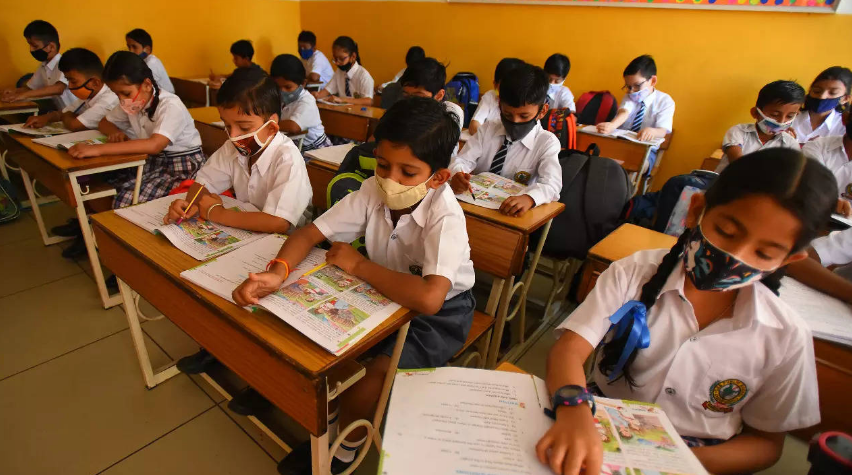In a significant departure from tradition, teachers from private schools in Pune are gearing up for their roles in the Lok Sabha elections. While election duty has historically been associated with teachers from government-run schools, a recent directive from the Bombay High Court has expanded this responsibility to include educators from private institutions.
The Bombay High Court’s decision came earlier this month, urging associations of unaided and private schools in Maharashtra to cooperate with requests from the Election Commission of India (ECI) to provide personnel for election duties. This mandate has prompted private schools in Pune to mobilize their teaching staff for polling assignments.
Suhas Diwase, the District Collector of Pune, emphasized the necessity of this move, citing the court’s decision. He stated, “In Pune, we have not previously encountered such a requirement, but we will now be appointing teachers for election duty.”
According to Diwase, selected teachers will undergo training and receive allowances for their service. The training regimen includes a three-day program, with sessions scheduled a fortnight before polling day, the day preceding the election, and the day of the vote itself.
Traditionally, the ECI has relied on a workforce of approximately 50,000 individuals for election duties. This year, teachers, alongside non-teaching staff, have been summoned to fulfill these responsibilities. In the Pune Lok Sabha constituency alone, 1,628 government officers, bank employees, and both Central and State personnel will be engaged in polling duties.
Hrishikesh Soman, Principal of Symbiosis College of Arts and Commerce, confirmed the participation of his institution’s staff in the election process. “We have submitted a list of both teaching and non-teaching staff to the election office, and some of them have been assigned poll duty,” he stated.
However, the ECI’s initiative to involve private school teachers has elicited mixed reactions. Jagruti Dharmadhikari, Vice-President of Maharashtra Rajya Shikshan Sanstha Mahamandal, expressed reservations, stating, “Election duty and additional responsibilities are suitable for teachers of government and aided schools, as they are legally obligated and receive better compensation.”
Some principals and teachers have raised concerns about the practicality of fulfilling election duties, citing personal responsibilities and family obligations. One principal noted that the majority of their staff comprises teachers who may face difficulties in undertaking full-day election duties, especially those with young children or dependents requiring care.
Despite these challenges, Anjali Kulkarni, Tehsildar of the Sanjay Gandhi Yojana Branch, outlined various grounds for seeking relief from election duty. These include being out of the country for official duties, pregnancy or lactation, severe illness, imminent retirement, and familial obligations surrounding weddings.
Kulkarni assured that individuals with legitimate reasons for exemption would be accommodated. Additionally, efforts are being made to provide training sessions for those who missed earlier sessions due to extenuating circumstances.
As teachers from private schools in Pune prepare to fulfill their civic duties, they navigate a balance between professional obligations and personal commitments. While the inclusion of private educators in election duties marks a significant development, it also underscores the complexities of managing workforce participation in essential civic processes.

